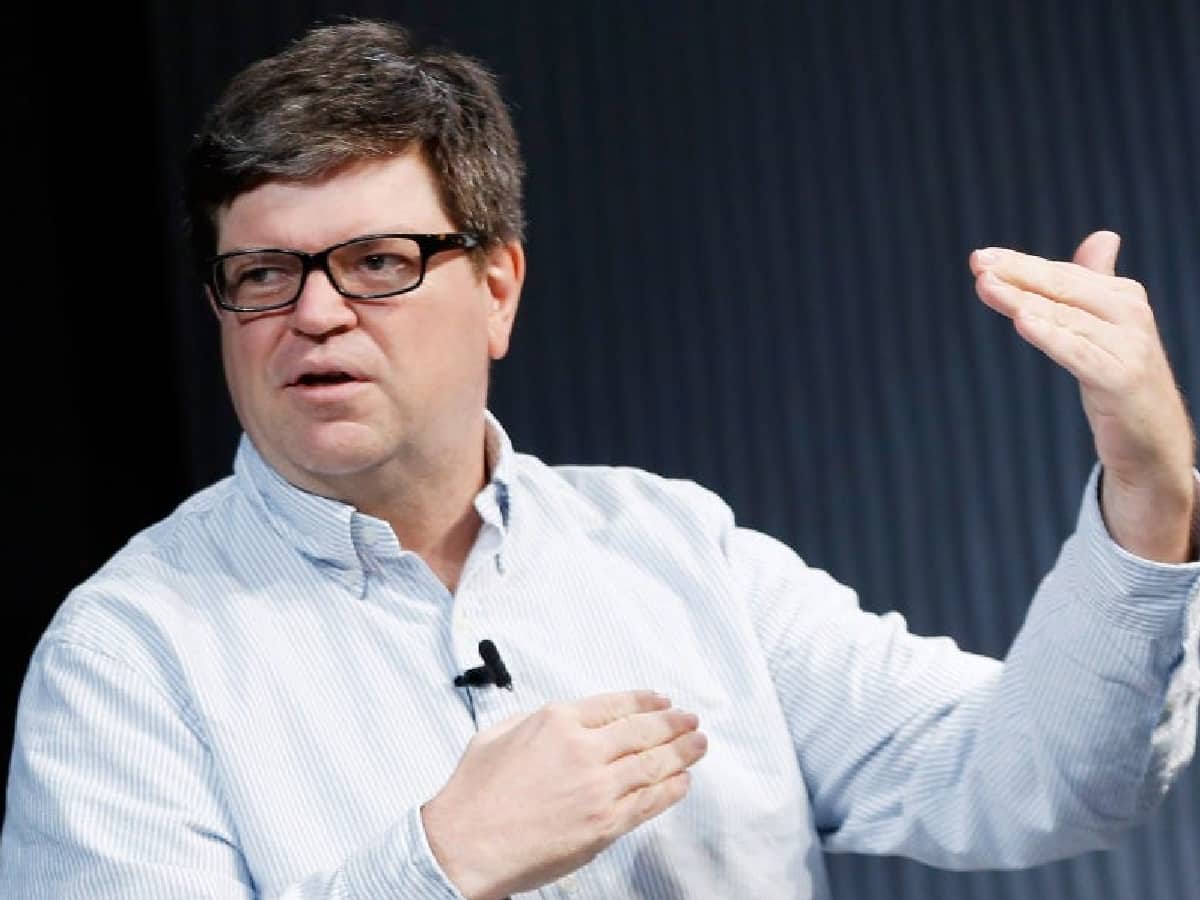
New Delhi: Chief AI scientist at Meta (formerly Facebook), Yann LeCun, has said that most of today’s artificial intelligence (AI) approaches will never lead to true human intelligence.
Speaking to ZDNet, LeCun noted that fundamental problems elude many strains of deep learning, including the mystery of how to measure information.
“I think they’re necessary but not sufficient. We tokenize everything, and train gigantic models to make discrete predictions, and somehow AI will emerge out of this,” he was quoted as saying.
“They’re not wrong, in the sense that that may be a component of a future intelligent system, but I think it’s missing essential pieces,” emphasised LeCun.
Known as ‘Godfathers of AI’, LeCun received the 2018 Turing Award (often referred as ‘Nobel Prize of Computing’), together with Yoshua Bengio and Geoffrey Hinton, for their work on deep learning.
“We see a lot of claims as to what we should do to push forward towards human-level AI. And there are ideas which I think are misdirected. We’re not to the point where our intelligent machines have as much common sense as a cat. So, why don’t we start there?” he noted.
On fully autonomous cars, LeCun said that it’s entirely possible that we’ll have level-five autonomous cars without common sense.
“But you’re going to have to engineer the hell out of it,” he said in ZDNet report.
LeCun is a French computer scientist working primarily in the fields of machine learning, computer vision, mobile robotics, and computational neuroscience.
He is well known for his work on optical character recognition and computer vision using convolutional neural networks (CNN), and is a founding father of convolutional nets.



